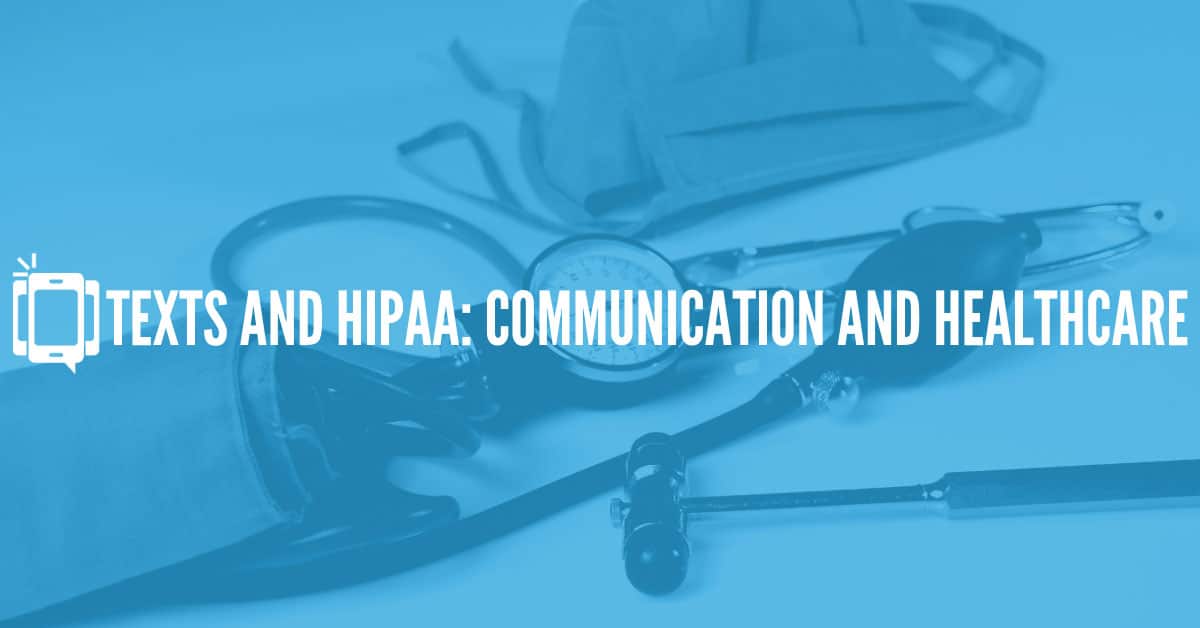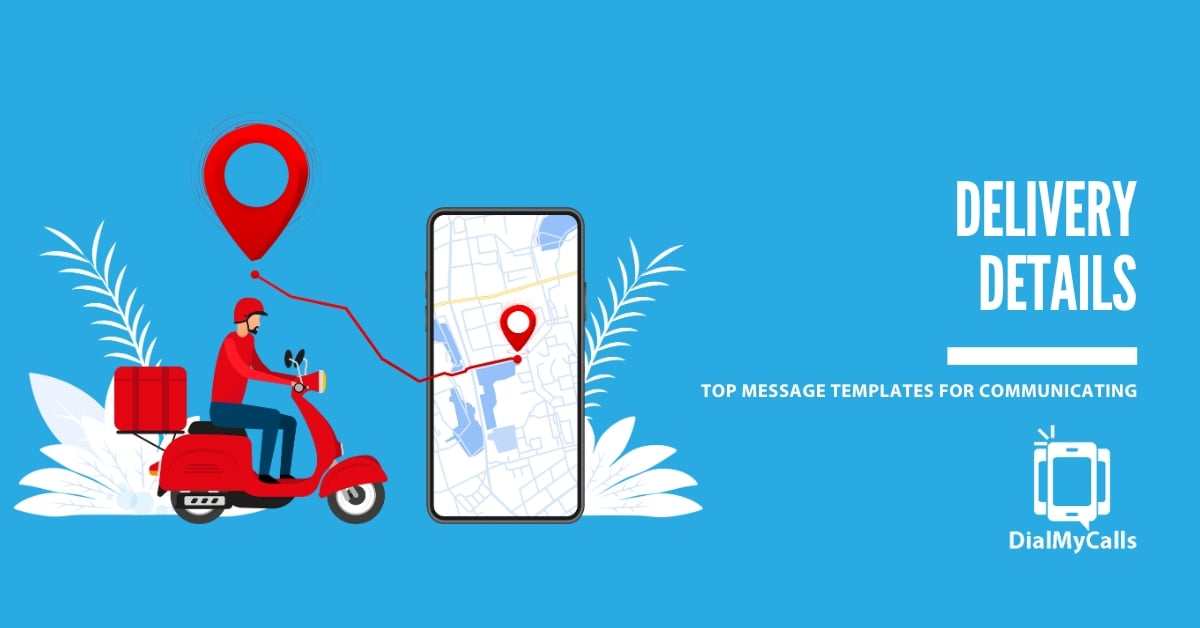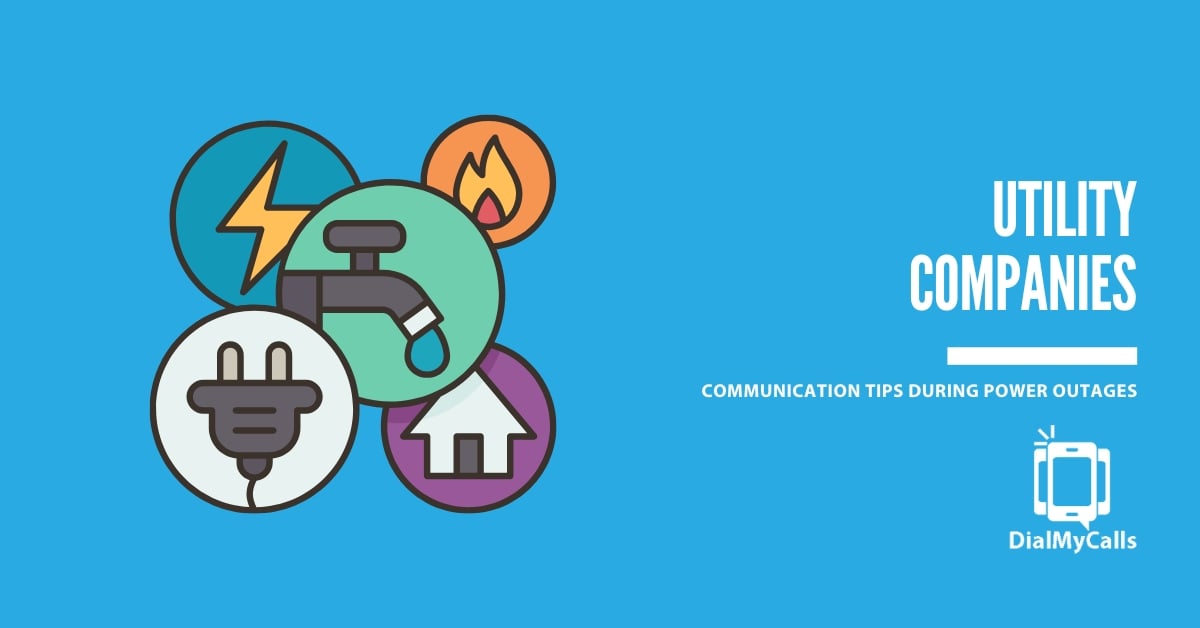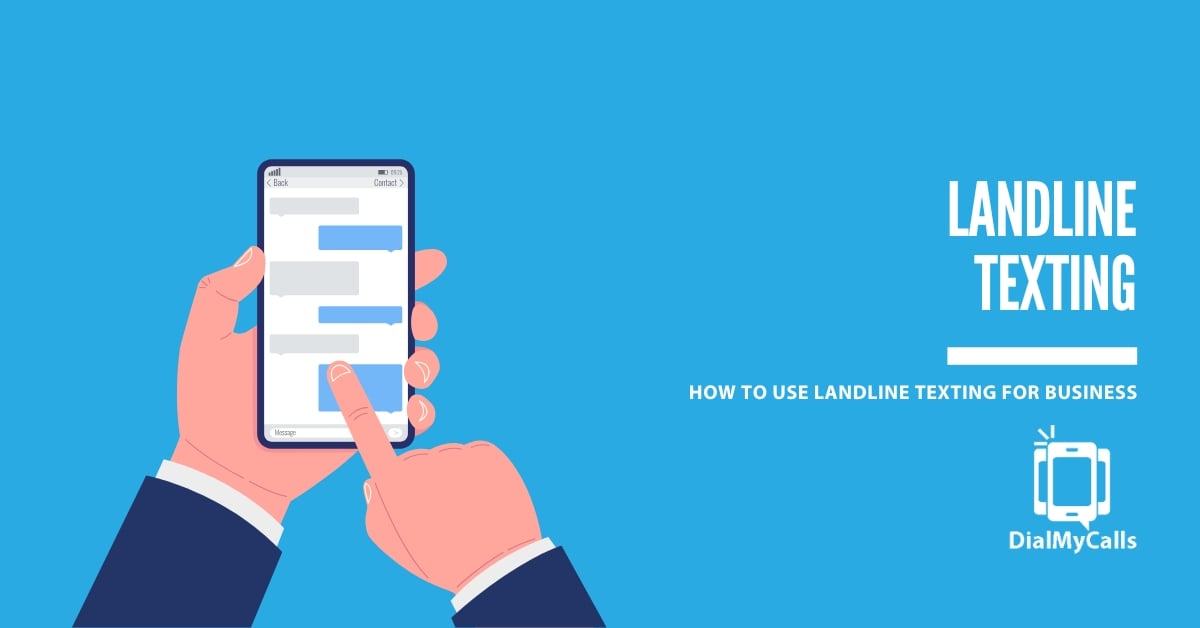Author
Tim Smith is the Media Manager at DialMyCalls, where he has leveraged his expertise in telecommunications, SaaS, SEO optimization, technical writing, and mass communication systems since 2011. Tim is a seasoned professional with over 12 years at DialMyCalls and 15+ years of online writing experience.
Try Using DialMyCalls Right Now
Start For FreeRecent Posts
- SMS Marketing Metrics: How to Measure and Improve Your Text Campaign’s Success
- What are SMS Carrier Fees and How to Lower Your Costs
- 8 Creative SMS Marketing Ideas to Boost Engagement This Summer
- 15 Ways to Use QR Codes For Event Promotion & Attendee Engagement
- Top 6 Automated Calling Service Providers For Your Business
Categories
“I am a youth minister and have spent hours in the past calling students individually to remind them of an upcoming event or to get out an urgent announcement. With DialMyCalls.com, I cut that time down to about 1 minute. I also love how I can see exactly who answered live and how long they listened so I know if they heard the whole message. DialMyCalls.com is the best website I have stumbled upon all year! Thanks!”
Central Baptist Church
Try Using DialMyCalls Right Now
Start For FreeTexts and HIPAA: Communication and Healthcare
Posted by Tim Smith in Customer Reminders on July 12, 2019
Updated on November 27, 2024

The medical field is full of time-sensitive, vitally important communication. It can be difficult to worry about how everyone will receive information, especially if you’re already worrying about how everyone will receive the proper treatment or the correct diagnosis.
What’s the fastest way to notify a patient that their medication has been recalled? Or to ensure that the nurses in ICU know to expect a transfer within the next ten minutes? Or to alert clients to a measles outbreak? Or to remind a patient of their appointment?
These days, the answer is often text messages.
This kind of communication is useful to those in most professions, but perhaps most so in healthcare. Those working in or receiving services from the medical field often have the most to gain from instant, clear, recorded information.
But the decision to use SMS communication isn’t only up to doctors. HIPAA (the Health Insurance Portability and Accessibility Act) regulations and patient preference also govern this decision. Fortunately, there are many ways that healthcare professionals and patients can use text messaging to their benefit, even within these guidelines.
Here, we discuss what types of communication are regulated by HIPAA, as well as three of the ways healthcare professionals can make use of SMS text messaging.
HIPAA Text Messaging Regulations
In general, text messages about specific medical cases between two professionals or a professional and a patient is not HIPAA compliant. Simply put, traditional text messages are just not secure enough to avoid the possibility of a third party gaining access to medical information sent in this manner.
There are many things that can happen to a phone or message that make it difficult to ensure a message’s integrity and privacy. For example, it’s common for smartphone owners to misplace or lose their phones. Other times, phones are stolen. Even more frequently, texts are sent to the wrong number.
All of these possibilities increase the likelihood that someone ends up with another person’s health information, which is what HIPAA works to avoid. There are ways around around this, however. Most of these loopholes exist because HIPAA doesn’t specifically address text messaging. Using a secure messaging system, for example, can make it much harder for a third party to accidentally or intentionally access a patient’s information.
Still, there are other parts of running a medical practice or otherwise working with patients that can be handled over texts within the confines of HIPAA regulations.
HIPAA Compliant Appointment Reminders and Patient Communication
One way that doctors and medical practices can communicate with patients via text messaging is through reminders. These can be reminders about prescription pick-ups, medication dosage, appointments, or other aspects of their care.
Many of these reminders are so general that they don’t fall under the category of information protected by HIPAA. A doctor’s office could, for example, send a reminder text message that flu season is coming up and flu shots are available at a discounted rate on certain days. A pharmacy could send a message detailing that a patient’s prescription refill is ready for pickup.
Other reminders are more specific, but still allowed through HIPAA because the protected information itself is not included in the message.
In these cases, the messages often include a link to a website or other contact information for the patient to follow up. This could include a reminder for an appointment with a link to the practice’s secure website to update current health info. It could also include a reminder that some sort of test results are ready, and advise the patient to call the included number to talk with their doctor. Neither of these examples send the information directly, but they do allow the patient to access it quickly and easily.
Ensuring HIPAA Compliance in Text Messaging for Employee Communication
Another way that those in the healthcare profession can use text messaging is for communication to and between employees. This stays free of HIPAA regulations because so much information must be communicated that has nothing to do with individual patient’s cases.
Some of this employee communication has little to do with their connection to the medical field and much more to do with the basics of employee communication in any field. This includes mass notices like those for staff meetings or fun activities.
Other employee communication can serve as reminders specific to patients they’re treating general activities that affect them. A text notice that a patient is being transferred to their unit could, for example, get them where they need faster. Or, reminders about patients’ medications can help overworked or exhausted employees stay on top of things.
HIPAA Compliant Texting for Emergency Updates
Hospitals and other medical practices serve an important role in the community. One way that they can make the most of this important role is to keep the community informed during disasters or emergencies. This ability can be crucial because many medical practices hold a unique position where they can engage many different community demographics.
This places hospitals on the front lines when the community may need them most. If hospitals have a fast and consistent way of communicating with the community, they can help those who trust them to make the best decisions.
For example, during particularly hazardous weather, a hospital could send out a mass text message advising patients not to travel. If a patient replied, the hospital could perhaps put the patient on the line with a doctor who could help weigh the potential risks or benefits of leaving their home to seek treatment.
Similarly, the medical practice could send out alerts about recalled food and drugs, disease outbreaks, and other crises that could potentially put their patients at risk within the community.
HIPAA Compliant SMS Text Messaging Solution
While HIPAA regulations don’t specifically mention text messages, these regulations do limit what information can be sent via SMS text messaging. But that doesn’t mean that there’s no use for texting in the medical profession.
With DialMyCalls, using SMS text messages for your medical practice or other healthcare related company is easier than ever. Our services allow users to send personalized individual or mass text messages to any number of contacts from a predetermined list at any time — scheduled or at the spur of the moment.
What’s more, the response or replies to these messages can be tracked and recorded to let you know what your recipients most need or want from you.


